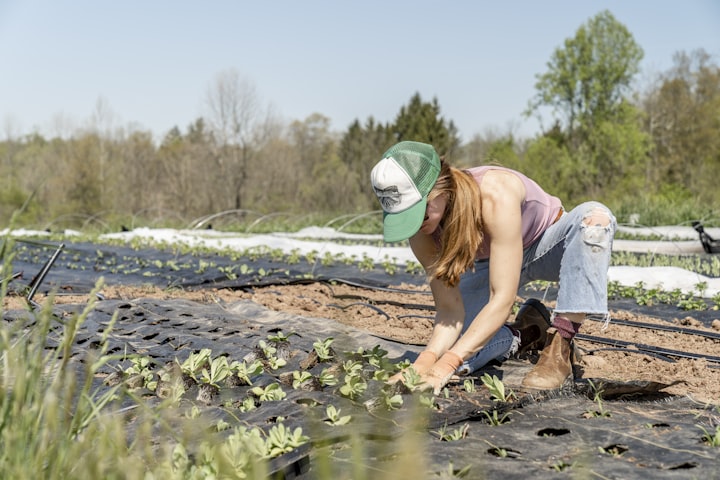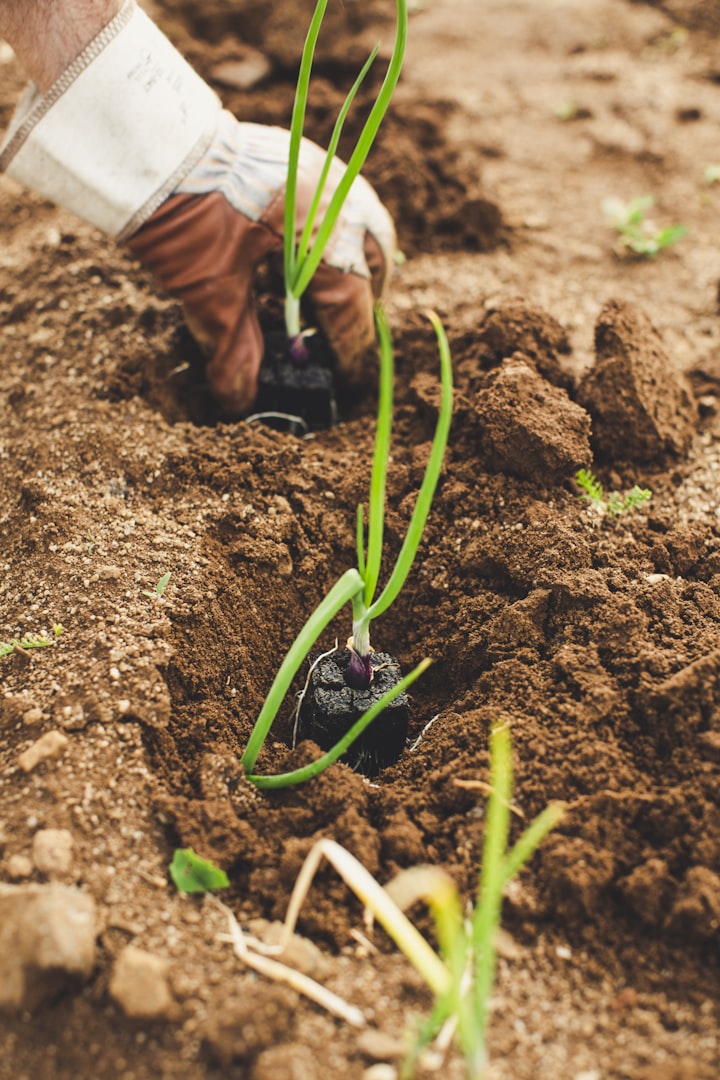
In the realm of agriculture, women have long been the backbone of food production, playing crucial roles in farming, livestock management, and household food security. Despite their significant contributions, women often face systemic barriers that limit their access to resources, land ownership, and decision-making power within the agricultural sector. However, as awareness of gender equality grows, there is a mounting recognition of the vital role that women play in agriculture and the need to empower them to fully participate in and benefit from agricultural activities.
Firstly, women's involvement in agriculture is fundamental to global food security and nutrition. Across the globe, women contribute substantially to crop cultivation, livestock rearing, and post-harvest activities, ensuring the availability of food for their families and communities. Their expertise in sustainable farming practices, seed saving, and traditional knowledge of crop diversity enriches agricultural biodiversity and resilience, making them indispensable agents of change in the face of climate variability and environmental challenges.
Secondly, the empowerment of women in agriculture is closely linked to broader efforts to achieve gender equality and social justice. By addressing the structural barriers that hinder women's access to land, credit, education, and extension services, societies can unlock the full potential of women farmers as drivers of economic growth and rural development. When women have equal access to resources and opportunities, they can increase agricultural productivity, improve household incomes, and contribute to poverty reduction and food security.
Moreover, investing in the education and training of women in agriculture is critical for building resilient and sustainable food systems. By providing women with access to agricultural extension services, training programs, and technology, they can enhance their agricultural skills, adopt innovative practices, and improve productivity. Additionally, initiatives that promote women's leadership and decision-making in agricultural cooperatives, farmer organizations, and community-based enterprises can amplify their voices and influence in shaping agricultural policies and programs.
Furthermore, empowering women in agriculture has far-reaching benefits for families, communities, and societies as a whole. Studies have shown that when women have control over household incomes, they tend to allocate resources towards their children's education, healthcare, and nutrition, leading to improved family well-being and intergenerational poverty alleviation. Additionally, women's participation in agricultural value chains and agribusiness enterprises can stimulate economic growth, create employment opportunities, and foster inclusive and sustainable development.
In conclusion, the empowerment of women in agriculture is not only a matter of justice and human rights but also a strategic imperative for achieving food security, poverty reduction, and sustainable development. By recognizing and valuing the contributions of women farmers, and addressing the systemic barriers they face, societies can harness the full potential of women as agents of change in building resilient and equitable food systems for present and future generations.
The role of women in agriculture is a testament to their resilience, resourcefulness, and unwavering dedication to nurturing the land and feeding their families and communities. From sowing seeds in the early morning light to tending to crops under the scorching sun, women farmers embody the spirit of hard work and determination that sustains agricultural production worldwide. Their labor extends beyond the fields, encompassing every aspect of food production, from seed selection and soil management to harvesting and food preservation.
Yet, despite their indispensable contributions, women in agriculture often face systemic barriers that impede their full participation and recognition. Discriminatory practices, unequal access to resources such as land, credit, and agricultural inputs, and limited access to education and training opportunities perpetuate gender disparities within the agricultural sector. These challenges not only undermine the potential of women farmers but also hinder efforts to achieve food security, poverty reduction, and sustainable development.
Empowering women in agriculture is not merely a matter of justice and equality but a strategic imperative for building resilient and sustainable food systems. By addressing the structural barriers that limit women's access to resources and opportunities, promoting gender-responsive policies and programs, and investing in women's education, training, and leadership, societies can unlock the full potential of women as drivers of agricultural innovation, economic growth, and social progress. When women thrive in agriculture, communities prosper, and the seeds of a more equitable and sustainable future are sown for generations to come.
As readers, we have a vital role to play in championing the empowerment of women in agriculture. By raising awareness about the importance of gender equality in agriculture, supporting initiatives that promote women's rights and access to resources, and advocating for policies that address gender disparities, we can contribute to building more inclusive, equitable, and sustainable food systems for all.
Let us recognize and celebrate the invaluable contributions of women farmers and commit ourselves to creating a world where women in agriculture are empowered, valued, and respected as equal partners in feeding the world and shaping the future of agriculture.
Together, we can cultivate a brighter and more equitable future for all.
About the Creator
PamSaul
Hi! I'm Pam, If you're looking for fresh perspectives and practical insights in agriculture, then you've come to the right place. Join me on a journey of discovery as we explore the ever-evolving world of agriculture together.






Comments
There are no comments for this story
Be the first to respond and start the conversation.